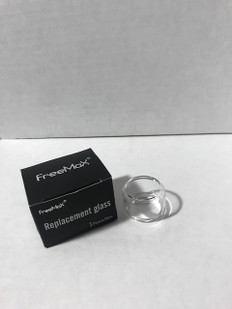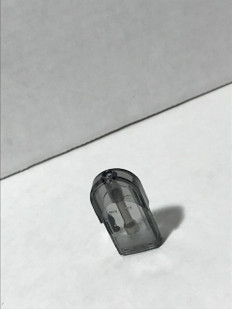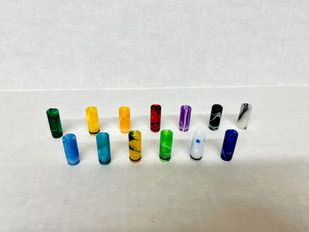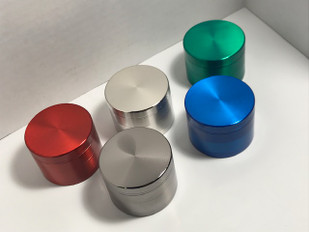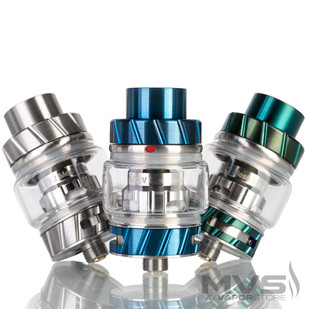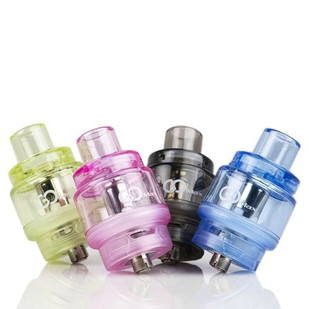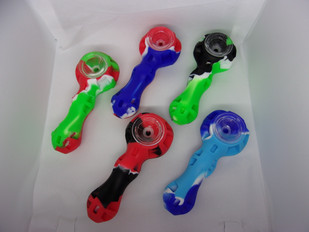- Home
- The Vape Mall Blog
- THC Topicals vs THC-Free CBD Topicals
THC Topicals vs THC-Free CBD Topicals
Posted by on
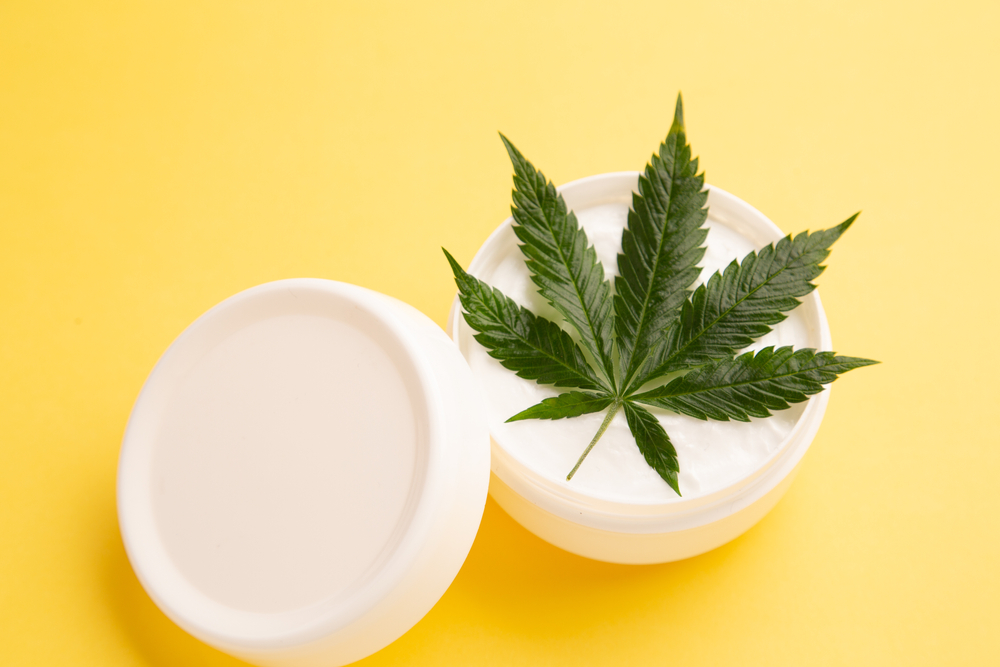
The variety of CBD topicals on the market is getting more evolved, and nowadays, customers can choose from all kinds of unique formulas to address their localized needs with the dazzling properties of the hemp plant. One thing you’ll notice while looking through the many different topical-based formulas out there is that some contain tetrahydrocannabinol (THC) while others do not.
What are the Three Kinds of Hemp Extract Used in CBD Topicals?
Hemp extract is specifically elicited from those parts of the hemp plant known to have high levels of cannabidiol. Generally, all CBD products that are made with infusions of hemp compounds contain one of three types of hemp extracts.
- Full Spectrum Hemp: Contains the full variety of compounds as they occur in hemp, including cannabinoids, terpenes, flavonoids, and phytonutrients. Does contain the legal trace amount of THC found in hemp at 0.3%.
- Broad Spectrum Hemp: Contains every occurring cannabinoid, terpene, flavonoid, and phytonutrient in hemp, except for THC, which has been fully removed from the final extraction.
- CBD Isolate: An extract that contains nothing but pure cannabidiol. Because it contains only this, it’s more concentrated in terms of its CBD content per milligram compared to both full and broad spectrum extracts.
Can a Topical That Contains CBD Get You High?
First, let’s get one thing straight: a topical that contains the naturally occurring amount of tetrahydrocannabinol present in hemp will not ever get you high – not even a little bit. Why? Because the THC in hemp is already so low that you can’t get high from consuming it in any way. So, the likelihood of getting high is zero, because that trace amount doesn’t even leave the cannabinoid receptors in the localized area of application.
Topicals are applied to the skin, and the compounds in the hemp extract absorb into the tissue of the skin, muscles and joints, without really leaving that one targeted area. This is why they deliver such concentrated effects to localized problem areas, and why people don’t really notice effects anywhere else in their body.
Topical products that are made with high concentrations of pure tetrahydrocannabinol have only a small chance of causing a psychoactive response, since the amount of THC absorbed into the body is enough to make its way through the bloodstream and into the nervous system, where the psychoactive response takes place. But, these topicals aren’t federally legal, and cannot be purchased anywhere but in states in which marijuana is a recreationally legal substance.
What is the Main Reason Why Some Topical Products Do Contain THC?
Every cannabinoid in hemp offers value by supporting the endocannabinoid system, and many of them offer anti-inflammatory properties that can be applied locally. Tetrahydrocannabinol is one of those cannabinoids, and studies have shown that it may offer topical anti-inflammatory activity when applied to areas of the body that are in discomfort.
Yes, the amount of tetrahydrocannabinol in hemp is so trace that you won’t be noticing a huge impact from the THC alone, but full spectrum hemp extract offers a synergistic effect in which the presence of all compounds, even those in just trace amounts, work together to boost the efficacy of one another. This means that even that low amount of THC in a topical may be working toward providing you with the effects that you want.
Why Do Some Topicals Contain Zero THC?
Meanwhile, there are topicals that are THC-free, and therefore they won’t give you the entourage effect, and nor will they give you any of the potential effects of tetrahydrocannabinol specifically. So, why do they exist then, if topical hemp-derived THC can’t get you high, and may even enhance a topical’s effectiveness?
Some people want to stay away completely from tetrahydrocannabinol for various reasons such as:
- -Maybe they just have too much fear about drug-testing, even though the chances of failing a drug test because of a full spectrum hemp topical are basically zero.
- -They could be in recovery and feel more comfortable abstaining from THC 100%.
- -The topical solution they use works well without containing full spectrum hemp.
These types of reasons are legitimate, and people can experience excellent results from using THC-free hemp topicals – otherwise they wouldn’t be so popular on the market.
The Topical Solution Choice is Yours
Ultimately, whether you select to use a THC-free (broad spectrum or CBD isolate) topical or one that does contain THC (full spectrum) is completely up to you. At the end of the day, while tetrahydrocannabinol can contribute to the results of using a topical, the difference is not big enough to make a huge impact. Any topical made with a decent milligram strength of cannabidiol and clean, natural ingredients can offer the potential of delivering the relief that you’re seeking out.
 Loading... Please wait...
Loading... Please wait...





